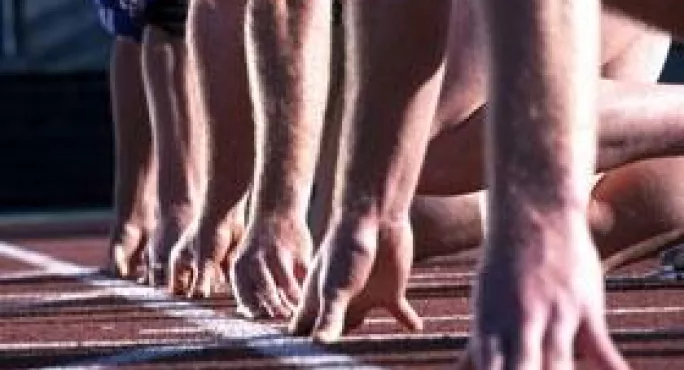PE teacher training vital to 2012 hopes

Great Britain’s ability to maintain this month’s Olympic success could be undermined by a lack of PE teacher training that constitutes a “national scandal”, a leading expert has warned this week.
Margaret Talbot, chief executive of the Association for Physical Education, argues that the ability of primary teachers to teach the subject extensively is essential to giving pupils a proper foundation for success in sport later in life.
“Some primary teacher training providers are still only paying lip service to PE,” she said. “It is the biggest systematic weakness in the system. About 40 per cent of newly qualified primary teachers have had six hours or less of training in PE, which is a national scandal.”
Steve Grainger, chief executive of Youth Sport Trust, was also critical. “We have to accept that many initial training courses are only one year, so we also need much more in-service training,” he said.
Their comments came as Sir John Major, Conservative prime minister from 1992-97, said he regretted his failure to ensure that lottery funding went towards the training of state school PE teachers, in order to help close the sporting gap with the independent sector.
A spokesperson for the Training and Development Agency for Schools said it was up to individual training providers to design programmes that met the standard for qualified teacher status.
But the agency was funding an improvement strategy to raise the quality of training for PE and had set up a resource network with the Association of Physical Education and Youth Sport Trust to help providers.
The nation was celebrating one of Britain’s best medal hauls this week. But this appears to be in spite of, rather than because of, the contribution of state school sport.
Of the six sports at which administrators expected Team GB to perform best in Beijing, only one, athletics, was in the top six played in UK state schools.
Cycling, where Team GB duly produced results, is only the 17th most popular sport in state schools. Sailing, rowing and equestrianism come even further down, in 28th, 31st and 35th positions respectively.
A similar picture emerged at previous Olympics. More than 60 per cent of the British gold medallists at Sydney in 2000 were former independent pupils, even though the private sector educates only 7 per cent of children.
The level of general awareness of the Olympics is also worryingly low among pupils. Recent Government-commissioned research found that 83 per cent of young people in England knew “nothing at all” or “not very much” about the London Olympics in 2012.
The Government’s annual school sports survey indicates a new move in state schools towards teaching general physical skills rather than specific sports. The proportion of schools offering “multi-skills clubs” has increased from a quarter in 200304 to two thirds in 200607. Fitness activities, such as aerobics, have spread from 58 to 76 per cent of schools over the same period.
Professor Talbot sees this as positive, as it will increase the pool of physically fit young people. “Overall, the school system is a jolly sight better than it was 10 years ago and PE is much broader than just serving sport,” she said.
She also pointed out that the independent sector had boosted its sporting performance by giving scholarships to some of the best state school talent. Schemes such as the Amateur Rowing Association’s Project Oarsome were targeting state schools but had not yet had the chance to bear fruit.
Mr Grainger said he expected state schools to develop sports that Britain would be able to contest for the first time at the 2012 Olympics, such as volleyball and handball.
“The progress that schools have made over the last four years has been significant. But the next four are going to be the best we have ever had in sport, and schools should seize the opportunity.”
Keep reading for just £1 per month
You've reached your limit of free articles this month. Subscribe for £1 per month for three months and get:
- Unlimited access to all Tes magazine content
- Exclusive subscriber-only stories
- Award-winning email newsletters



